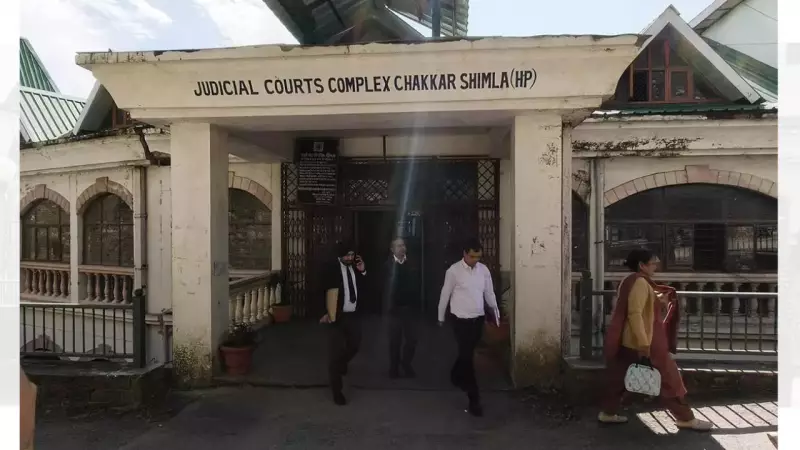
In a significant legal development that concludes a prolonged dispute, the Shimla District Court has firmly rejected the petition filed by the Himachal Pradesh Waqf Board and the Sanjauli Mosque Committee. The court has upheld the order for the demolition of the Sanjauli mosque, dealing a final blow to the religious bodies' attempts to save the structure.
The Core of the Court's Decision
The court's ruling was based on a critical finding: the mosque was constructed on land legally designated as a public street. This classification rendered the religious structure an unauthorized and illegal construction from its inception. The judge emphasized that the law must be applied uniformly, regardless of the nature of the building or the identity of its occupants.
A Timeline of the Legal Confrontation
The case has been a focal point of legal and communal attention in Shimla for some time.
- The Demolition Order: Local municipal authorities initially issued the demolition order, citing the illegal occupation of public land.
- The Legal Challenge: The Waqf Board and the Mosque Committee approached the district court, pleading for a stay on the demolition and challenging the legality of the order.
- The Final Adjudication: After hearing extensive arguments from both sides, the court has now delivered its verdict, siding with the municipal corporation and affirming that the construction was unlawful.
Implications and Next Steps
This verdict sets a strong precedent for handling cases of illegal construction on public property in Himachal Pradesh. It underscores the principle that public land is inviolable and cannot be appropriated for private or communal use, even for religious purposes. The path for the municipal corporation to execute the demolition order is now clear, marking the likely end of a contentious chapter in Shimla's urban governance.






